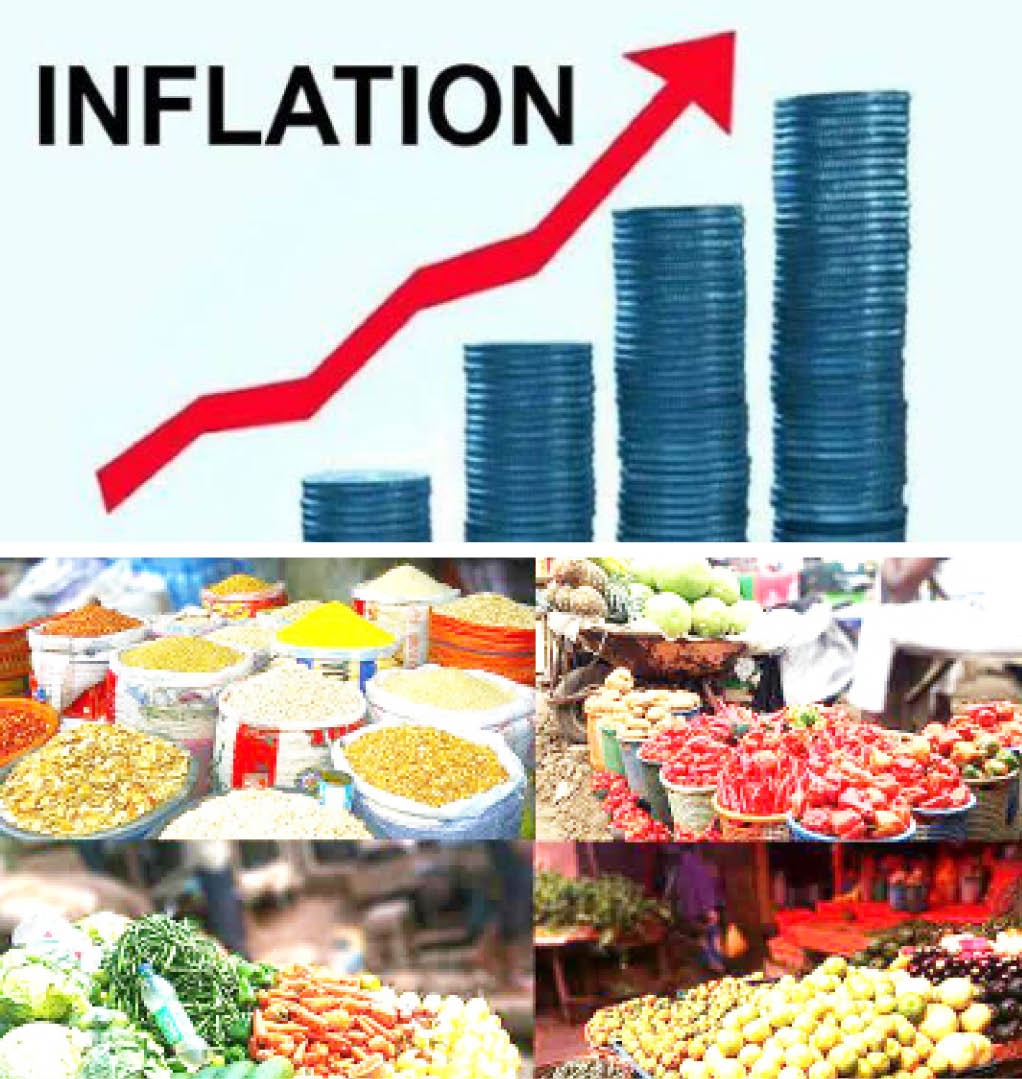Since the removal of petroleum subsidy by Tinubu’s administration with its attendant painful consequences, various measures have been put in place to mitigate or address the excruciating pains many Nigerians are passing through.
For instance, the federal government quickly rolled out palliative plans for civil servants, pensioners and vulnerable Nigerians. President Bola Ahmed Tinubu also held a meeting with business community with a view to prevailing them to crash the cost of their commodities. In addition, Mr. President promised to give civil servants a living wage and constituted tripartite committee to work out acceptable minimum wages for working class in the country.
While the federal government continues to come up with more humane policies, other tiers namely, states and local governments are doing little or nothing to complement the efforts of the centre.
With the removal of fuel subsidy, states and local government have witnessed an increase in revenues allocation through FAAC monthly meeting. Being very closer to the grassroot, one expects them to follow the federal government’s suit by putting more policies to alleviate excruciating hardship in their respective areas.
Sadly, the state governors have remained mute. Though, the senate president, Godwin Akpabio, has recanted his earlier statement on 30billions received by state governors, there might have been an element of truth. Since the news of the largeness received from the president Tinubu by the governor broke, it took them longest time to repute it.
No amount of interventions by the federal government could subsidize the soaring cost of living in the country, unless State and Local governments play their own role. They need to do something urgently to arrest the looming hunger in their localities. The federal government is determined to implement the new minimum wage by June. Will state governments toe the same path?
The proposed new minimum wage would come at a wrong time when some states governments are yet to implement the 30,000 minimum wage. The inability for these states to pay the last reviewed wage has caused untold hardship, reduced purchasing power and above all put their workforce at far with their contemporaries.
Like the federal government which promised to pay #35,000 wage award for six months to its workers, only few state governors so far pay wage award to their workers since the removal of fuel subsidy last year. But the governors have no reasons to complain. Available records have indicated that state governments have continued to receive funds in billions every month. They are not longer cash-trapped. There is nothing wrong if they can pay wage award to their civil servants, pensioners and vulnerable people. By doing so, millions people will be financially empowered.
The perilous state of Nigerian economy which is hit hard by inflation can only bounce back to life through seamless implementation of interventions programs by the three tiers of government. It is high time state governors stopped the proverbial ostrich game and key into various intervention programs to stimulate the economy of their states and lessen financial burden of poverty stricken majority.
READ ALSO: How Nigerians can thrive amid uncertain economic times – By Tochi Okafor



